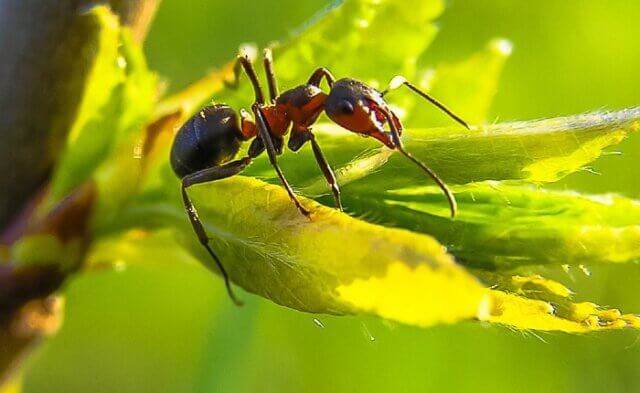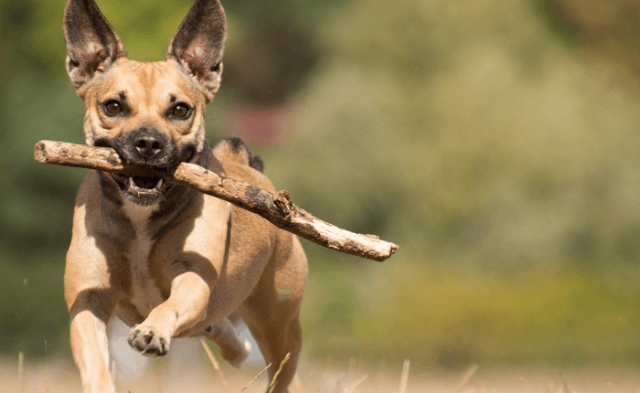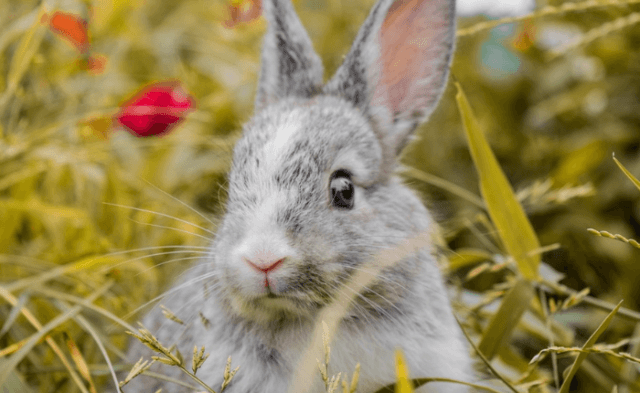Is my dog Tipsy always honest? Well, no. Honesty implies a refusal to lie, cheat, or steal in any way. She’s quite good at lying and stealing, even cheating. She employs a wide variety of plots and ploys to swipe toys from my other dog, Buster, who is gullible to a fault. For example, Tipsy will go to the door, growling and barking at a non-existent intruder. Buster will soon jump up to help defend our home, leaving the toy behind, and Tipsy circles back to snatch up the prize. Is that not deceit? Of course it is, and it’s remarkable how quickly Tipsy can take possession of whatever Buster has, by guile rather than force.
The New York Times recently summed up ploys in the animal kingdom this way: “Deceitful behavior has a long and storied history in the evolution of social life, and the more sophisticated the animal, it seems, the more commonplace the con games, the more cunning their contours.” How true! Chimps and dolphins are brilliant con artists. The New York Times article recounts the story of a trained dolphin who would hide trash in a handy place to deliver for food rewards rather than having to search for more trash to clean up. Clever, for sure–and deceitful.
And how about jealousy and other emotions? These human traits turn out to be widespread in animals, and certainly in dogs. If I show affection toward one of my dogs, or give one a biscuit, I have to be sure to treat the other equally. Otherwise, some sort of reprisal may be meted out by the aggrieved dog–perhaps hours later. It’s as if the dog who feels slighted is simmering and fuming inside, waiting for a chance to get even. Canine behavior sounds like a soap opera, doesn’t it?
But while lying, deceit, and jealousy may be part of our evolutionary heritage, so, too, are cooperation and compassion. Elephants show kindness and care for injured herd members even when it slows them down and entails no benefit. Mice help one another to safety. Llamas, magpies, and many other animals mourn their dead companions. Empathy and grief also have a long history in the animal kingdom. And it is not too big a step from there to morality.
Animals have a well-developed sense of ethics when they play with each other. They learn to follow the rules of the game or soon lose their friends (see Marc Bekoff’s wonderful book for children on this topic). Tipsy loves tug of war, for example, and we both handicap ourselves to make it an even contest (in truth, I let her win most of the time). She knows that anything I say is part of the game and not to be taken seriously. I can growl and scold or coo and sweet-talk, but she won’t relinquish the stick for such ruses. She is wise to my devious ways and wags her tail to show that she knows it’s all in fun. Tipsy also play-fights with me, baring her teeth, grabbing my hand or arm in her mouth. But her mouth is soft, tail wagging, and she stops frequently to lick me instead. Dogs and many other animals learn restraint and compassion if they have a sensitive upbringing–the normal case in nature.
Parents, siblings, and other members of the pack or herd are forgiving and tender toward developing youngsters, and such kindness is a model for behavior later in life. Stronger peers don’t kill their friends–they play with them. As Jonathan Balcombe puts it, “When individuals roughhouse, they form social bonds and learn what is acceptable: how hard they may bite, how roughly they can interact, and how to resolve conflicts” (page 71). I must add that fair play is not a functional concept for abused, desperate or starving animals, so don’t offer your face to a fighting pit bull.
Bekoff surmises that the rules of animal play represent the foundations for human morality. Empathy and compassion are an extension of fairness learned in the context of playing. They were part of animal life long before people used them as the underpinnings for peaceful societies.
What do you think? Do animals have a sense of ethics?





